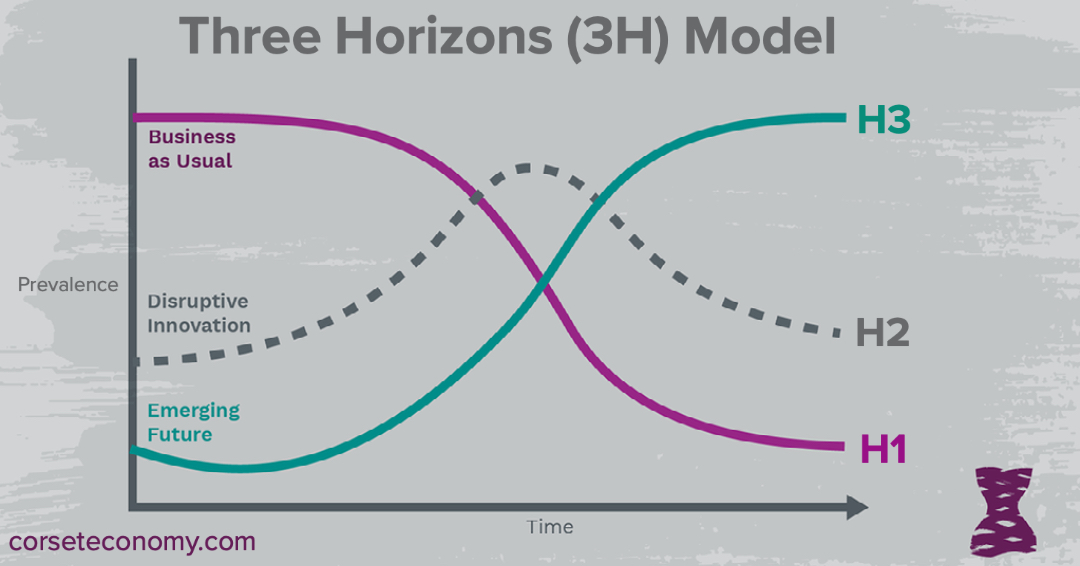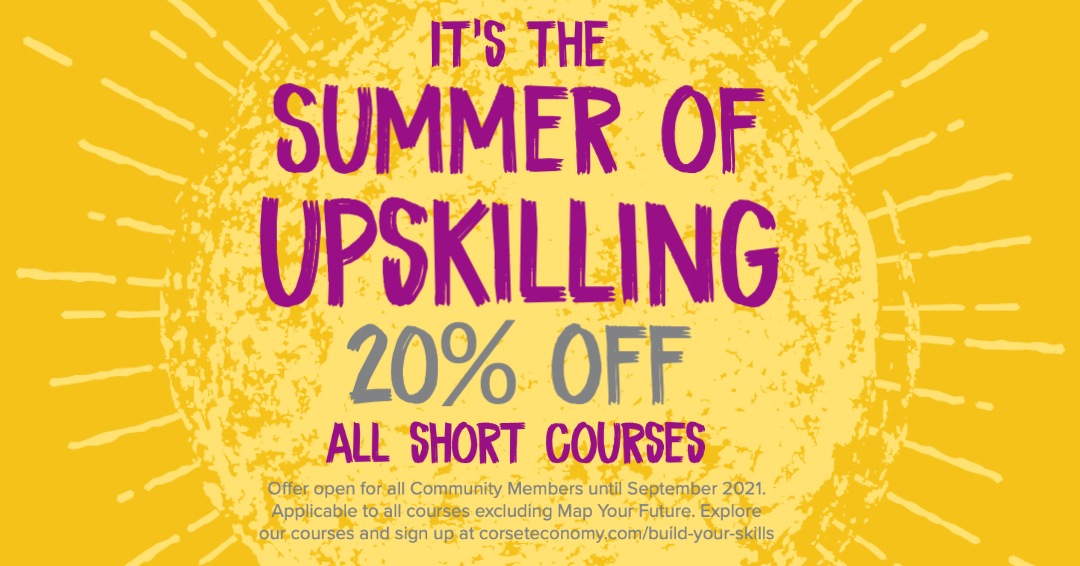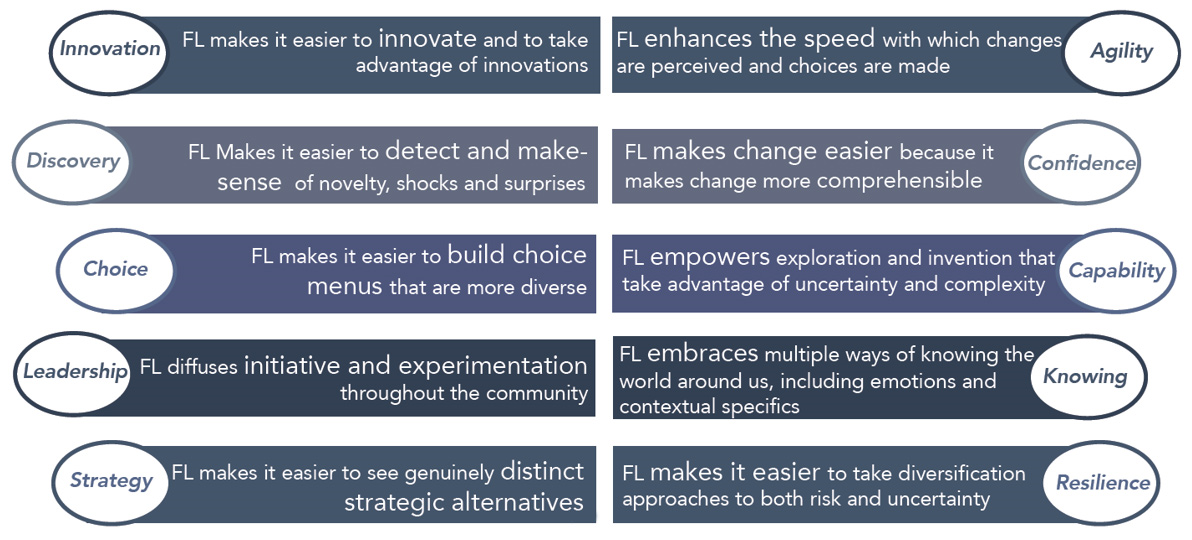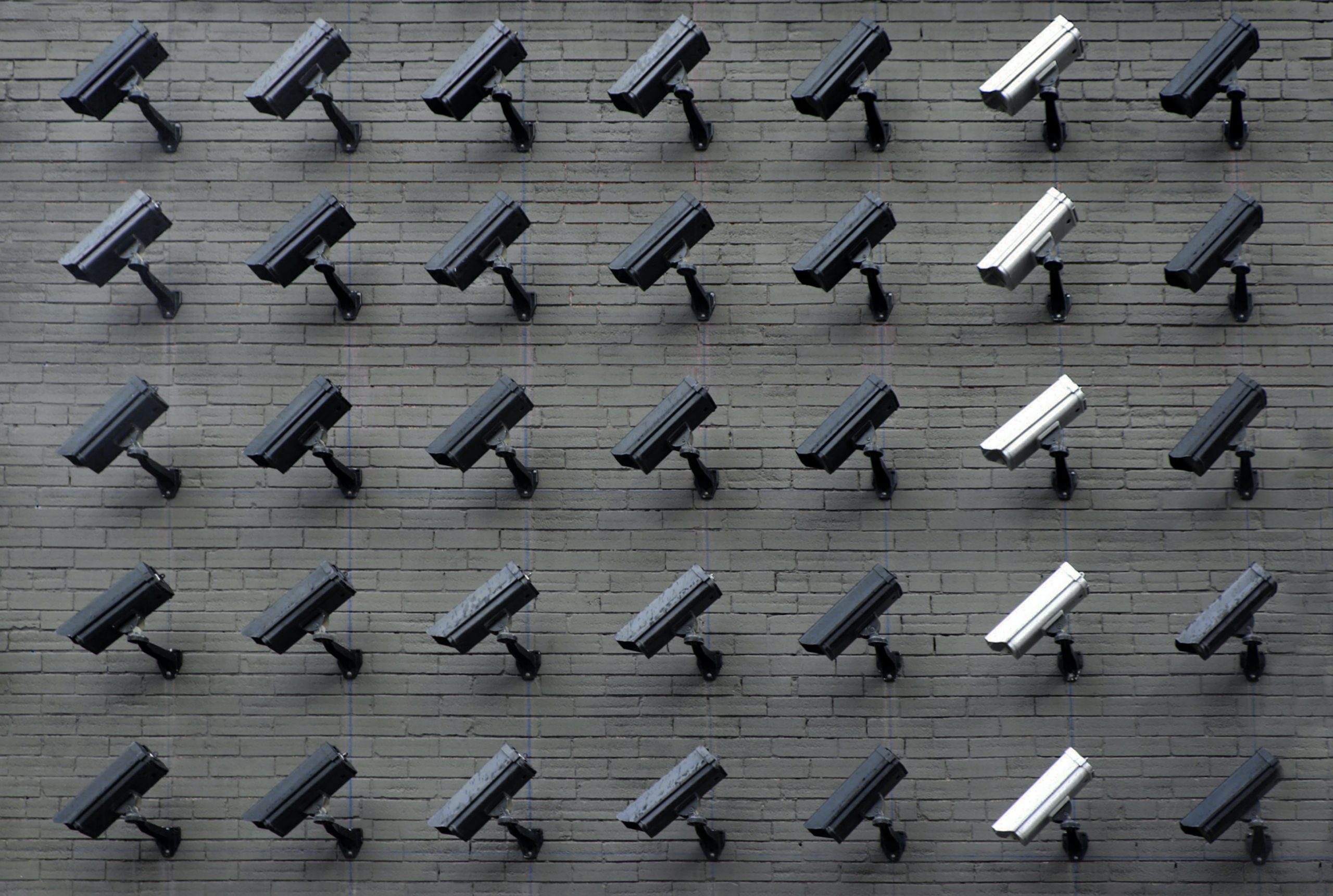Exploring 3H, Climate Change and the Future Economy
As global leaders meet for COP26, we’ve been thinking about climate change and what is needed for a sustainable future. We’ve turned to the Three Horizons model as a useful model to think about critical junctures and moving into a new future.






